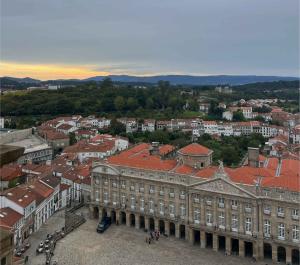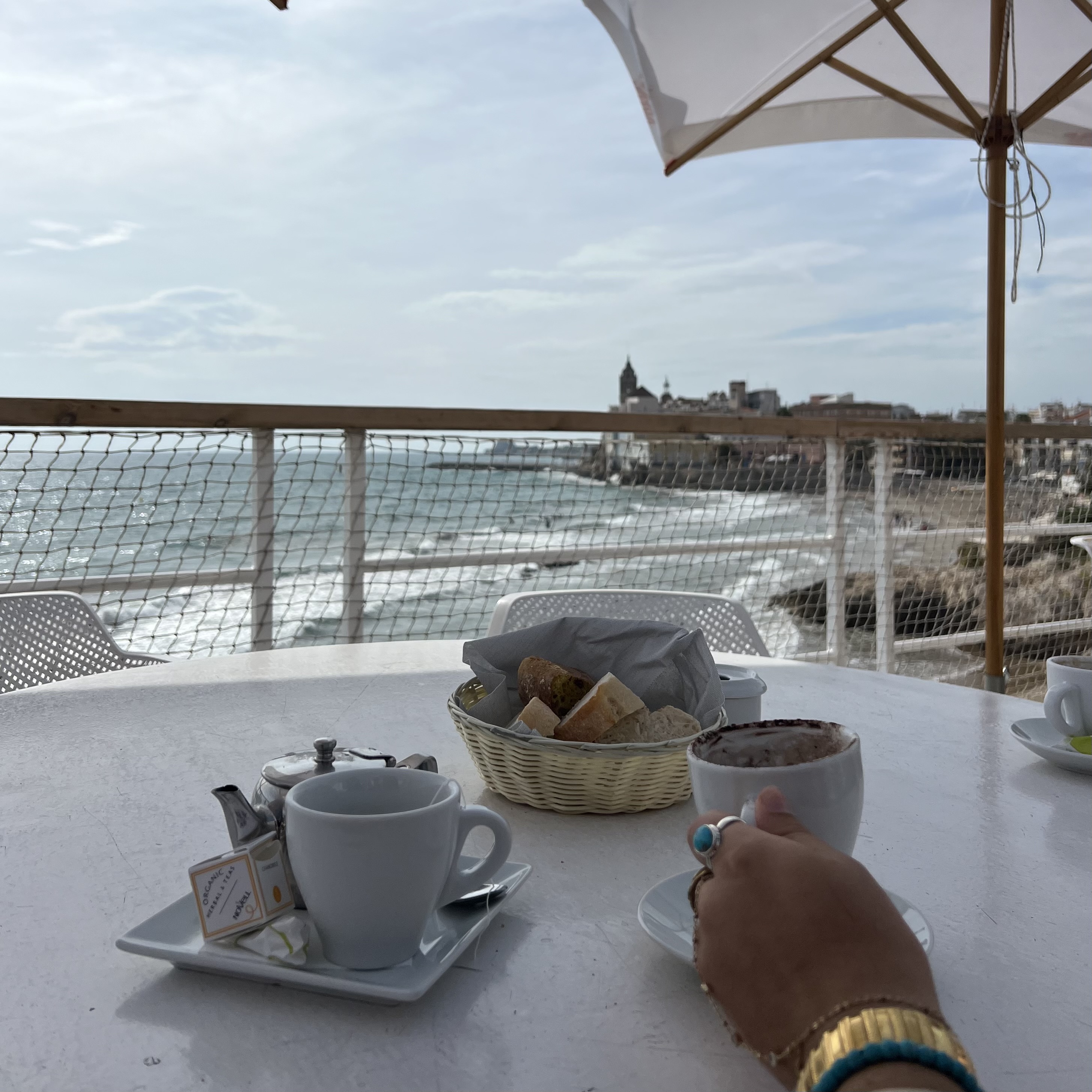Sobremesa, meaning “upon the table”, refers to the Spanish tradition of prolonged chatting after a meal. It’s time set aside for catching up and enjoying each other’s company. Sobremesa takes place during lunch and dinner, including weekdays and business meals. The tradition of sobremesa is why the check won’t come until you flag down a waiter. It is considered rude to rush a meal and sobremesa. For the Spanish, the conversation is just as important as the food it accompanies.

On Monday and Wednesday nights, I get home from my flamenco dance class around 8 pm and dinner is promptly at 8:30 pm (which is considered early for the typical Spanish family). My host family and I sit down to enjoy a long, leisurely, and no-doubt delicious dinner, paired with an hour or two long sobremesa. We discuss practically every event that occurs throughout the day and our plans for the next day. My host sister, Irene, shares gossip from her high school which inevitably leads to her teaching me Spanish slang. My host mom, Verónica, shares stories of her life, with words of wisdom sprinkled in. I share the details of my classes and debrief about my nights out. Between us three, we can easily chat for an hour without missing a beat. Beyond the plates and palates, sobremesa is a haven for storytelling, debating, and laughter.
Overall, the way of life in Spain is far slower than that in Washington, DC. “We should eat quickly and then head to Gelman” is a sentence I’ve heard nearly a hundred times. Eating is seen as utilitarian; you eat between your classes and immediately go back to class/work. Even posing the idea of regularly having three-hour lunches seems as nonsensical as the people in mathematical questions who buy thirty watermelons.

Nevertheless, this slower way of life has allowed me to form deeper connections with those around me. During sobremesa, I’m able to forget about my endless to-do list and live in the present. So often when I hurried, I thought I was buying myself time. In reality, I was throwing it away. I was discarding the present moment as I rushed to the next moment.
Adapting to this slow lifestyle does take some time. Businesses close midday and after dinner so that their employees can go home and enjoy a sobremesa. At first, it may be frustrating to not be able to run errands during your free time, but it feels good to know that an accountant, corner shop owner, and retail worker are all given adequate breaks to relax and eat. Once a meal and sobremesa has commenced, stores open up again and the streets fill with people going grocery shopping, bar hopping, and walking their dogs.

When I reflect upon my time in Madrid, I ask myself what kind of culture I want to promote and participate in. I’ve confronted my persistent busyness, perfectionism, and attempts to “do it all”. Sometimes this includes saying no to proposed plans and reassuring myself that productivity doesn’t equate to worthiness. If anything, making space for rest and connection has allowed me to achieve more, without sacrificing my free time. A life painted by hurry is a life not lived. I’m grateful for every sobremesa and look forward to the many more to come.
Kristi Ross
Academic Year 2024-25
GW Madrid (GW Study Program)
Elliott School of International Affairs
International Affairs Major


